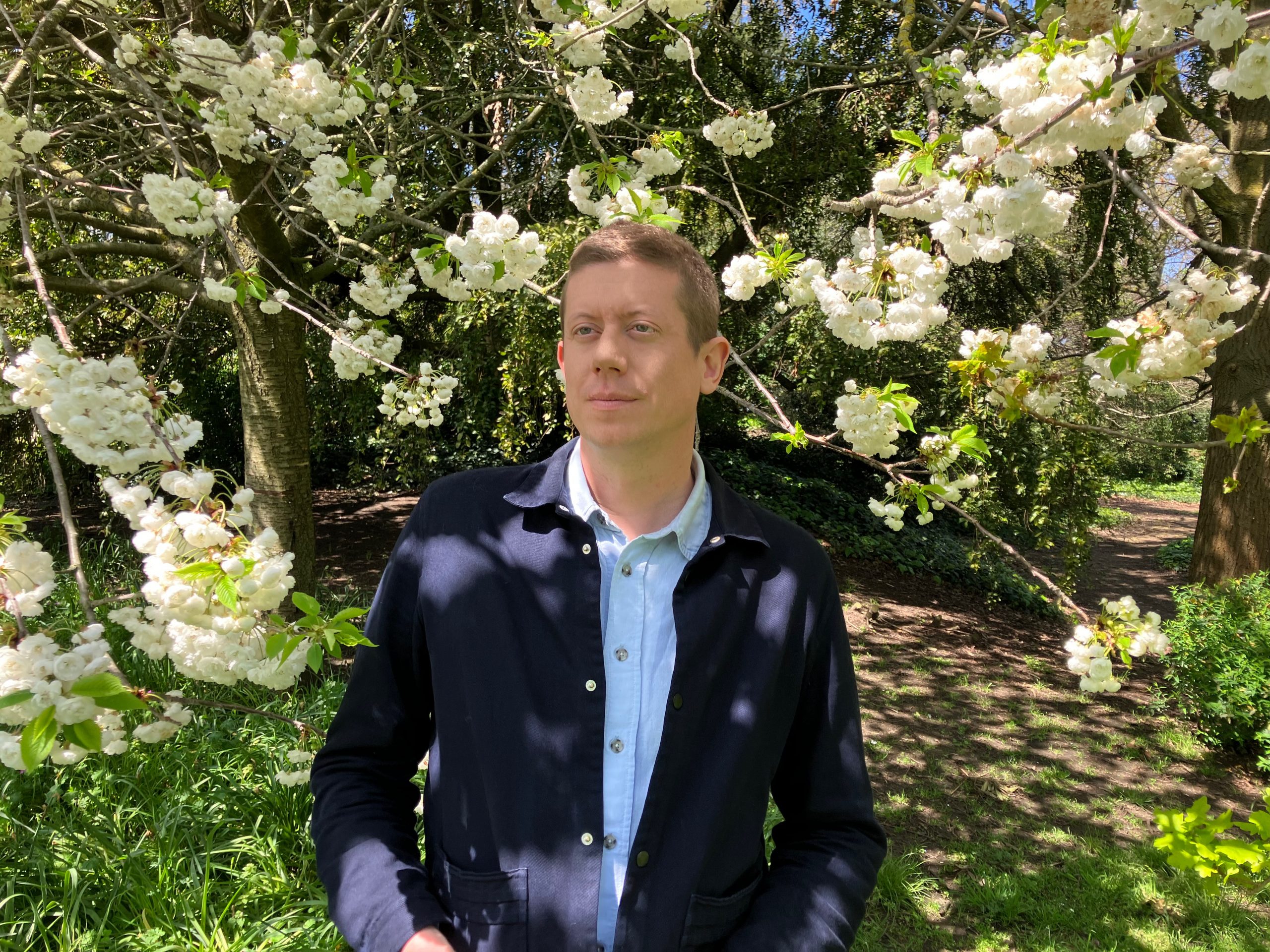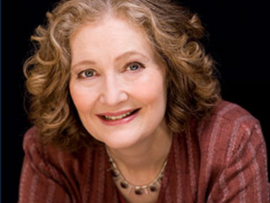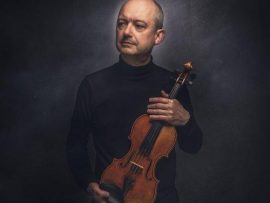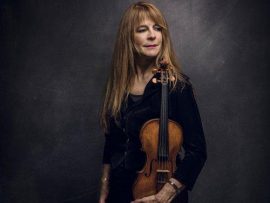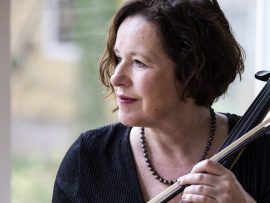Dr David Duncan
Dr. Duncan’s research at Cambridge on the Score Design project is looking into whether modifications to the appearance of musical notation can make it significantly easier to read at first sight.
David is a Research Fellow at Clare Hall. He is a composer and music notation specialist, currently working as a research associate on the Leverhulme-funded project Score Design for Music Reading, led by Prof Ian Cross.
Since his PhD in composition at the University of Glasgow, he has worked in music publishing and education. As an editor at Edition Peters, he prepared many contemporary pieces for performance, including works by James Dillon, Christian Wolff and Anna Thorvaldsdottir. He also designed and edited an activity book for children based on the life and works of John Cage, Everything We Do is Music.
After leaving Edition Peters he managed the publishing output of the London College of Music, where he transformed the reputation of a 130-year old brand by publishing a series of diverse and inclusive syllabuses in music and drama, including many new commissions from young artists. Most recently, he worked as a syllabus manager at RSL Awards, developing vocational qualifications and assessments for schools and colleges. He is particularly passionate about widening access to high quality music education among under-served groups.
His research at Cambridge on the Score Design project is looking into whether modifications to the appearance of musical notation can make it significantly easier to read at first sight. These modifications are based on strategies that are already well-researched in language reading, particularly the introduction of blank spaces to mark low-level structural segments, analogous to separating words in written text. The research will address fundamental questions about the ways in which performers read music and whether the cognitive processes involved in reading text and reading music are similar. The outcomes could be profoundly significant for musical practice and training, for the scientific understanding of reading and writing, and, potentially, for the acquisition of musical literacy.
